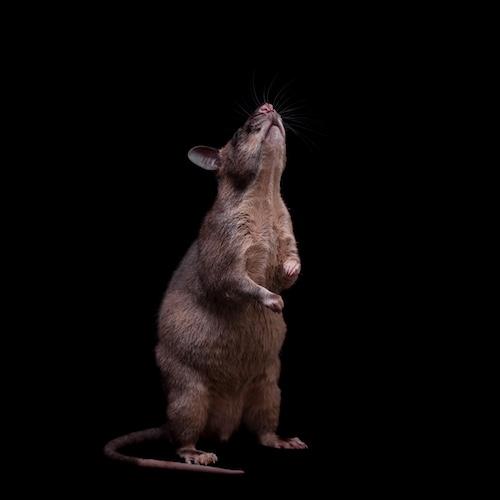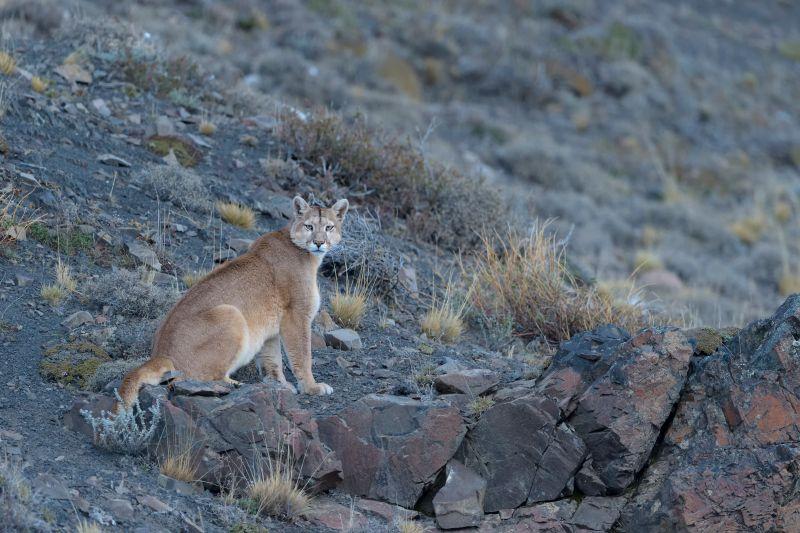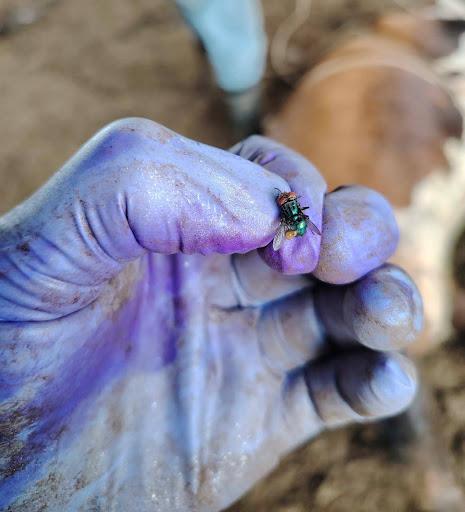
Intercepting The Illegal Wildlife Trade with Sniffer Rats
The African Giant Pouched Rat, which can grow up to a metre long head-to-tail, has such an acute sense of smell that when trained, these rats can detect landmines and even tuberculosis. Over the last 25 years, Not-For-Profit Apopo has been training and deploying them into landmine areas to clear explosives in affected areas around the world, saving many human lives.
In a new initiative, the noses of eight giant rats have been trained to detect poached wildlife products such as rhino horn, pangolin scales, elephant tusks and African hardwood, which are illegally traded at an enormous scale globally (the estimated cost of the illegal wildlife trade is USD 20 Billion). Working closely with Tanzania’s Wildlife Management Authority, Apopo’s rats (named Kirsty, Marty, Attenborough, Irwin, Betty, Teddy, Ivory, Ebony, Desmond, Thoreau, and Fossey, after conservation heroes) have been working in Tanzania’s Dar es Salaam port and successfully detecting wildlife products, including those hidden in other traded goods. Their relatively small size allows them to move through shipping containers and ventilation shafts, significantly improving existing cargo screening processes and identifying contraband.
A key advantage of working with African giant pouched rats on addressing the illegal wildlife trade is the cost of this solution; according to those behind the project, it takes approximately $8,000 to train a rat compared to a sniffer dog, which costs about $30,000. Airport scanners can range from thousands to millions in value. After the success of this pilot, we may now see these rats working in other ports, from France to Singapore.


